'It all looked too good to be true — and, indeed, it was': We must face up to the real future of farming
An over-reliance on fertilisers and yields has left our farmland in a perilous state. It's only by working with nature, not against it, that we can futureproof our countryside.


As summer moves into autumn, it’s still raining. The Met Office tells us there’s more to come, not only this year, but every year. Good news for the roofing contractors, not so much for everyone else. For farmers, the alterations to our seasons — the earlier springs, the drier summers, the wetter winters and all-round warmer temperatures — pose real challenges.
These changes may be incremental, but they’re not measured, nor predictable. Sudden downpours of tropical intensity; long periods without any rain at all; waterlogged fields in March that are baked hard by June; floods and drought in the same year. It all means that agricultural practice will have to change if we are to produce food from our own resources.
The direction of travel is very clear. The past couple of years have been very difficult for all kinds of farming, but it has been noticeable that those using regenerative techniques have often been much more successful than those sticking to conventional ways. Cover crops during the winter, no-till or low-till, putting hedges back, recovering biodiversity — all the elements that derive from the attempt to learn again how to work with Nature. Industrial agriculture has too often simply imposed human will upon the natural world, believing that chemicals could rid us of pests and weeds and fertilisers could enable us to produce more from the soil. Our forefathers, who didn’t have the technology or chemistry to do otherwise, recognised that agricultural productivity depended upon their working with Nature.
In more recent times, with so much more technical resource, we thought we were the masters and seized the opportunities made possible by innovation with little concern for what might be the downsides. We ripped out the hedges, drained the fields, sprayed the crops, dipped the sheep and piled on the nitrogen. We laughed at Lady Eve Balfour and her reverence for the soil and ignored Rachel Carson and the fear of Silent Spring.
We were convinced that we had solved the problems of agriculture and we would never again have to face food shortages. Successive Governments shared the belief that food security was no longer an issue. The Ministry of Agriculture gloried in the ever-increasing yields and farmers spoke of artificial fertiliser as the ‘fifth acre’. It all looked too good to be true — and, indeed, it was.
The unparalleled yields were bought at a price and that price became increasingly obvious as insect populations plummeted, pollinators were seriously threatened, soil fertility declined and biodiversity was widely destroyed. In turn, that meant that agriculture became an increasing contributor to climate change, which itself has caused the altered weather patterns that now present farmers with so much challenge — a malevolent circularity.
Yet, all is by no means lost. Food security is back on the agenda for all political parties. Agriculture featured in the most recent general election in a way that it hadn’t for 50 years. Farming clusters have been formed in every part of the UK to learn and share more regenerative methods of agriculture. The importance of rural land use for flood prevention, carbon capture and the recovery of biodiversity has moved much higher up this and the previous Government’s programme. We are beginning to take seriously the need to work with Nature to produce the food we need in an environment that is rich and diverse.
Sign up for the Country Life Newsletter
Exquisite houses, the beauty of Nature, and how to get the most from your life, straight to your inbox.
There will be other changes, too. Our waterlogged seedtime and harvests mean that food production cannot always be guaranteed. If people are to be fed whatever the weather, a good proportion will have to be grown indoors and under glass. Renewable energy from natural sources — wind, sun, anaerobic digestion and pyrolysis — will power it. A benevolent circularity for the farming of the future.
Agromenes is Country Life's Countryside Crusader. He writes a column weekly.
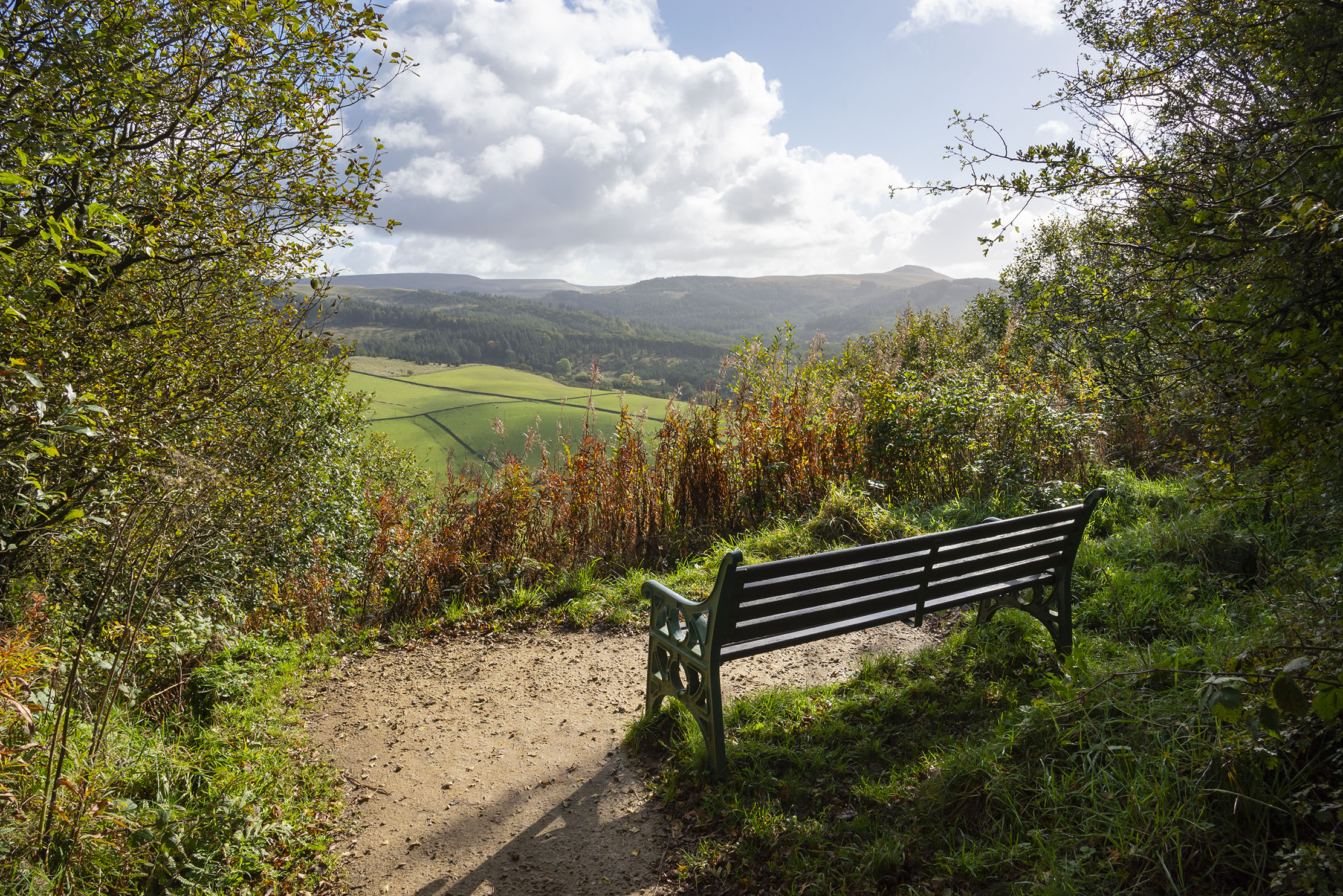
Credit: Getty
Agromenes: The new government is already delivering with aplomb — and in the countryside, it's all to play for
Our countryside columnist takes a look at the early efforts and impressive ministerial appointments of the new Labour government in
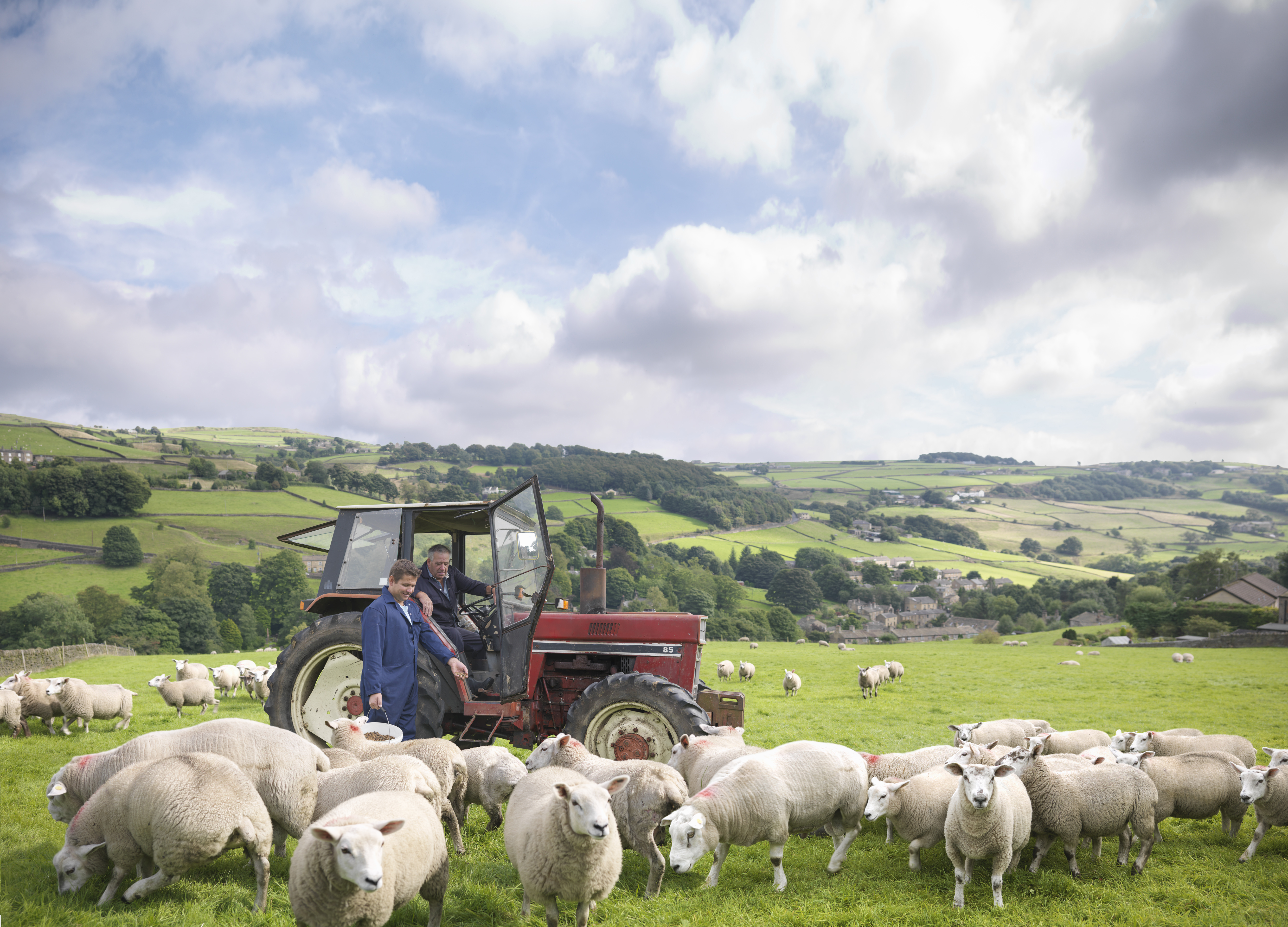
Credit: Getty Images/Cultura RF
Agromenes: 'Why does a Conservative Government think it’s wrong for the market to drive change? '
Country Life's columnist Agromenes ponders why the Government isn't doing more to encourage a market-based drive towards regenerative farming.
Country Life is unlike any other magazine: the only glossy weekly on the newsstand and the only magazine that has been guest-edited by HRH The King not once, but twice. It is a celebration of modern rural life and all its diverse joys and pleasures — that was first published in Queen Victoria's Diamond Jubilee year. Our eclectic mixture of witty and informative content — from the most up-to-date property news and commentary and a coveted glimpse inside some of the UK's best houses and gardens, to gardening, the arts and interior design, written by experts in their field — still cannot be found in print or online, anywhere else.
-
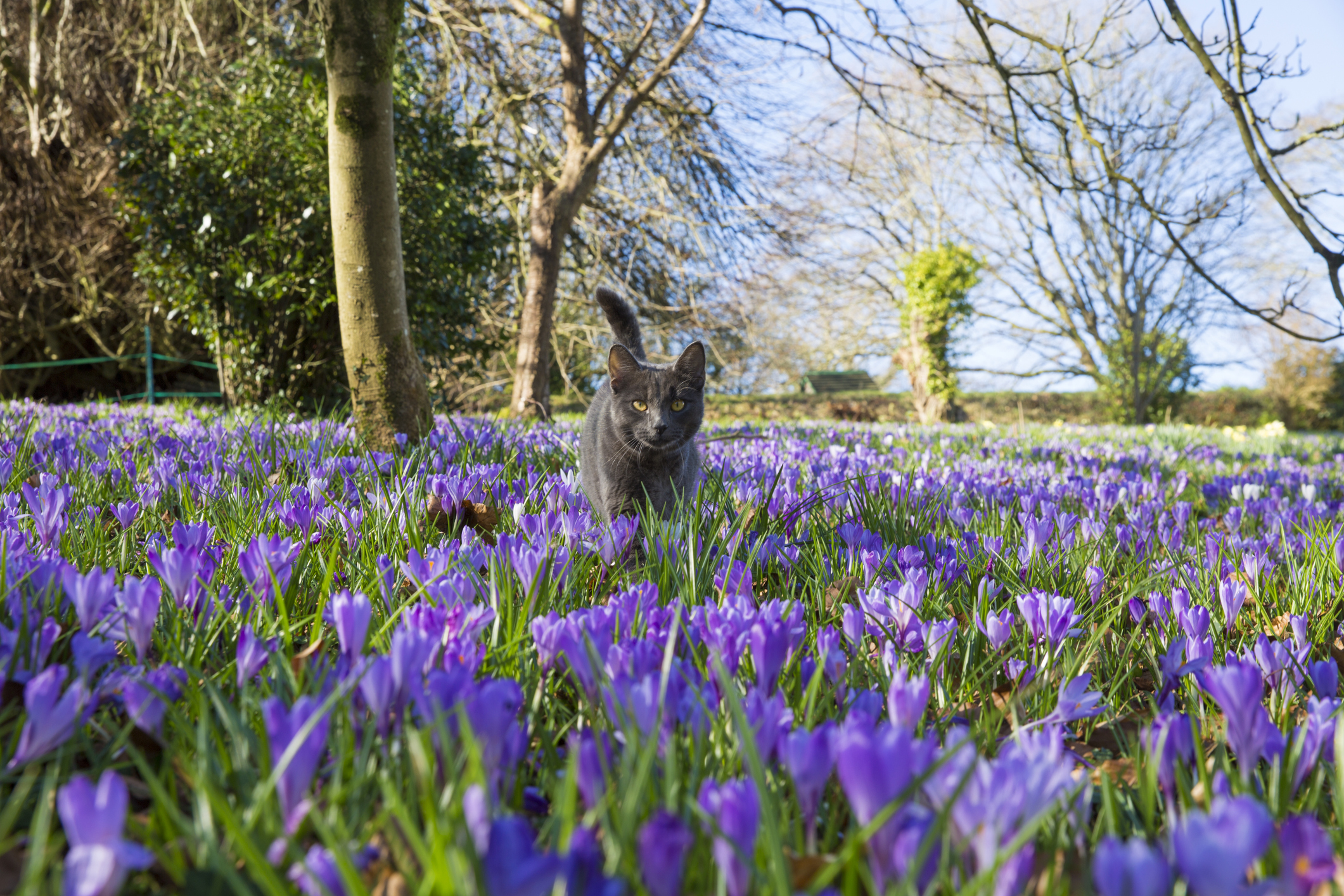 The King's favourite tea, conclave and spring flowers: Country Life Quiz of the Day, April 22, 2025
The King's favourite tea, conclave and spring flowers: Country Life Quiz of the Day, April 22, 2025Tuesday's Quiz of the Day blows smoke, tells the time and more.
By Toby Keel
-
 London is the place for me* (*the discerning property buyer)
London is the place for me* (*the discerning property buyer)With more buyers looking at London than anywhere else, is the 'race for space' finally over?
By Annabel Dixon
-
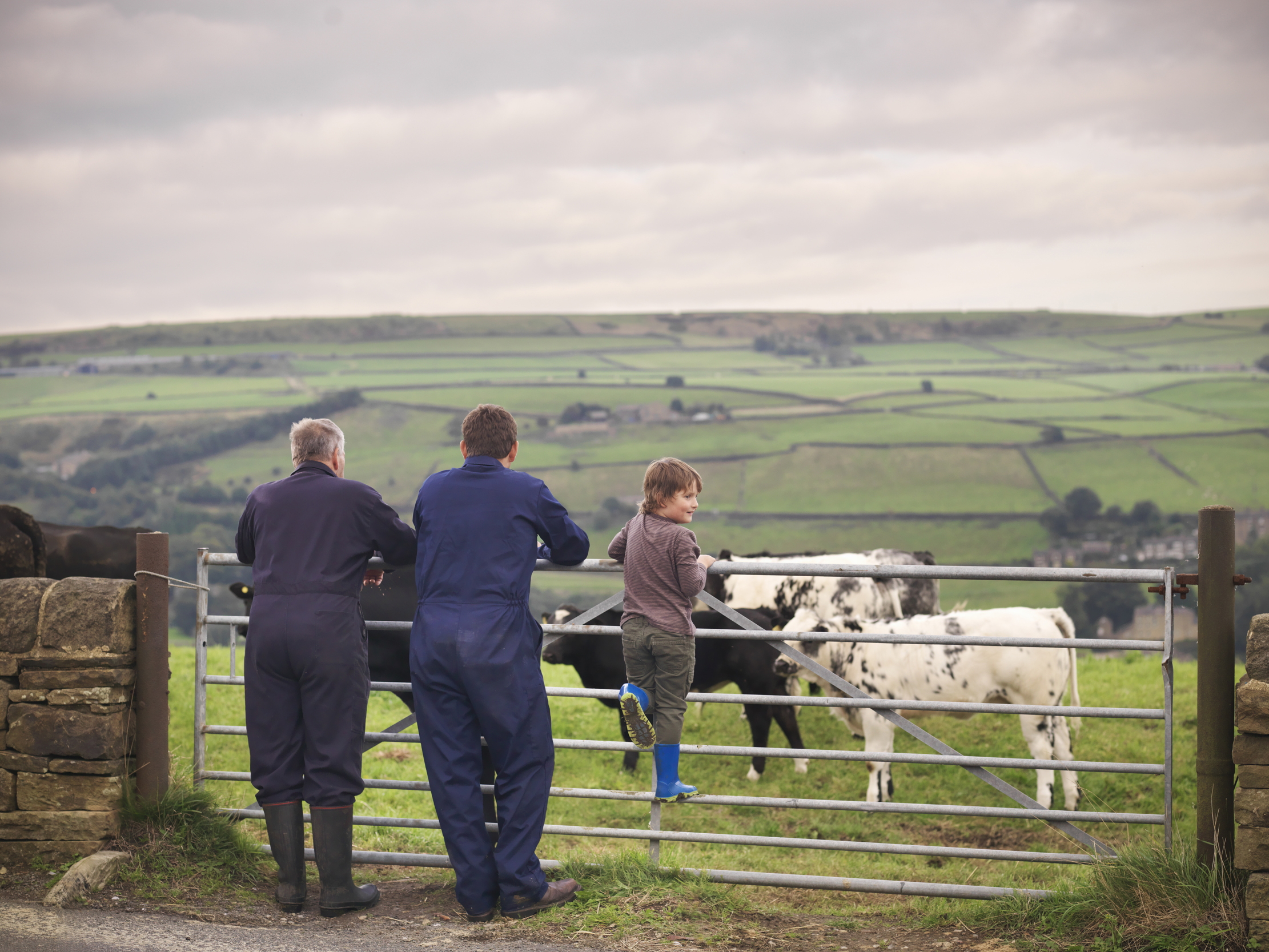 Agromenes: A budget of betrayal
Agromenes: A budget of betrayalLabour has turned it's back on the farming community with its latest plans on Agricultural Property Relief.
By James Fisher
-
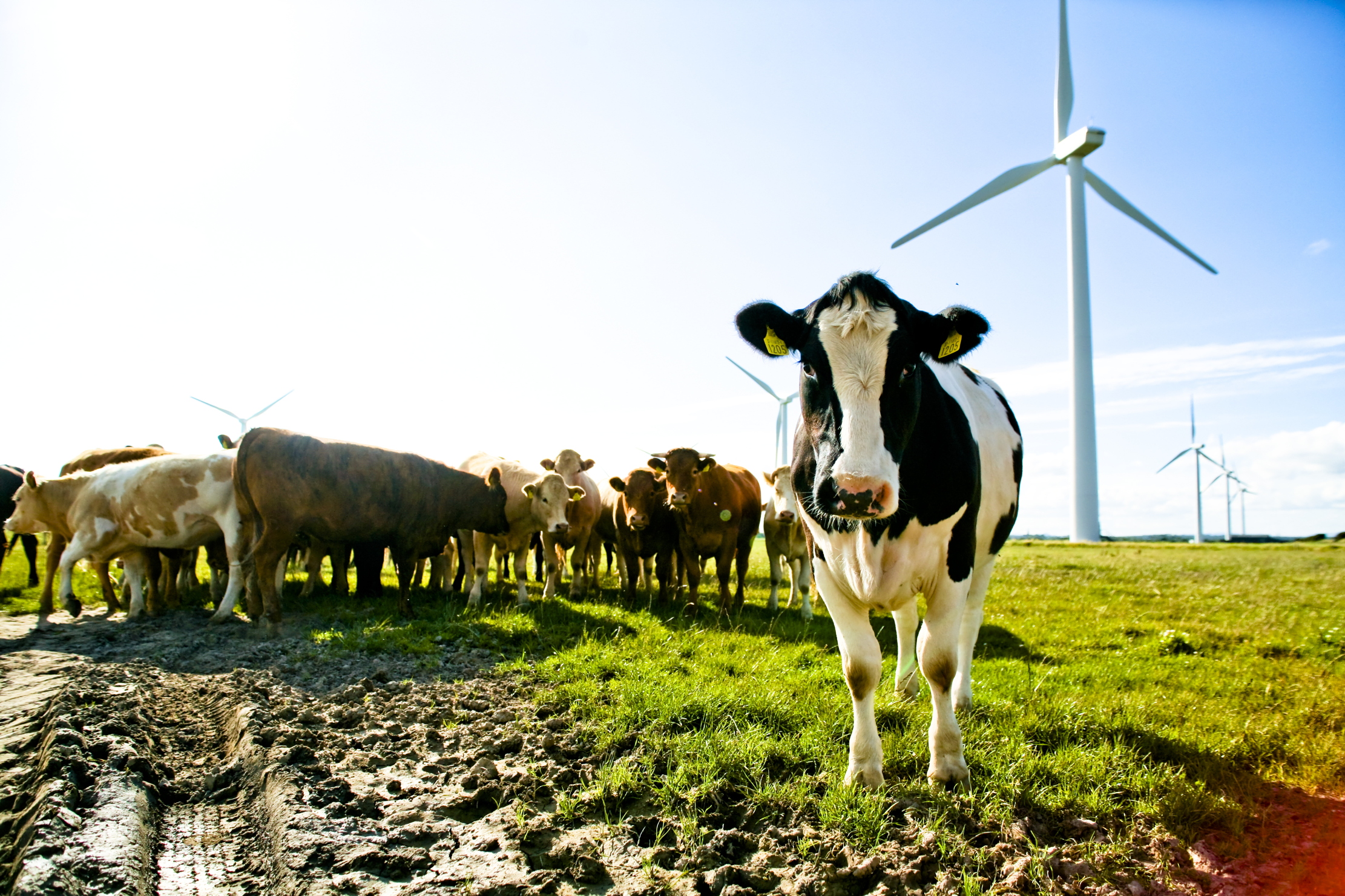 Agromenes: 'It is one thing when people recognise what is the right thing to do, but it becomes really game-changing when they see that it’s also the profitable thing to do'
Agromenes: 'It is one thing when people recognise what is the right thing to do, but it becomes really game-changing when they see that it’s also the profitable thing to do'The Countryside Crusader celebrates more positive news about regenerative farming.
By Country Life